A judge just handed down a ruling that will make the U.S. government's quest to unlock the work iPhone of one of the San Bernardino shooters much more difficult.
U.S. District Court Judge James Orenstein ruled against the government in another case, which argued that a search warrant for a phone should be granted under the All Writs Act (AWA).
According to Orenstein's decision, he believes "that under the circumstances of this case, the government has failed to establish either that the AWA permits the relief it seeks or that, even if such an order is authorized, the discretionary factors [he must consider weigh in favor of granting the motion."
Summary of Ruling
Orenstein's ruling pertains to a case of law enforcement officials attempting to look at the locked iPhone of convicted drug dealing conspirator, Jun Feng, who has plead guilty but is awaiting sentencing. The government argues that it could find more evidence on the iPhone 5s, that could be used as a further basis for sentencing guidelines, or that information on the phone could provide more evidence about the drug ring.
Judges may only issue a warrant after three statutory requirements are met. Even if those requirements are met, a judge may still decide not to issue a warrant based on three other discretionary factors. Orenstein ruled that the warrant sought against Feng's phone met the first two statutory requirements, but failed the third, as well as all three discretionary factors.
The Ruling
Orenstein says that law enforcement definitely met the first two AWA requirements for a warrant for Feng's phone, the first being that "issuance of the writ must be 'in aid of' the issuing court's jurisdiction," and second that "the type of writ requested must be 'necessary or appropriate' to provide such aid to the issuing court's jurisdiction."
The problem arises with the third requirement that "the issuance of the writ must be 'agreeable to the usages and principles of law.'" While AWA serves as a "gap filler" to account for circumstances Congress has not anticipated and situations not otherwise covered by statutes, Orenstein opines that AWA is not intended to control when Congress has considered the scenario and nonetheless failed to act.
"Apple contends that a court order that accomplishes something Congress has considered but declined to adopt—albeit without explicitly or implicitly prohibiting it—is not agreeable to the usages and principles of law," Orenstein writes. "As explained below, I agree."
Orenstein closes out his motion by stating that granting the governments request would "betray our constitutional heritage and our people's claim to democratic governance."
He goes on to state that the issue isn't really about the governments desire to get into his phone; rather, it's a question of whether the AWA can be used to compel Apple to help.
"Ultimately, the question to be answered in this matter, and in others like it across the country, is not whether the government should be able to force Apple to help it unlock a specific device; it is instead whether the All Writs Act resolves that issue and many others like it yet to come. For the reasons set forth above, I conclude that it does not. The government's motion is denied."
While this ruling is important, it doesn't mean the case is anywhere close to being over. We're still poring over the ruling, and we'll continue to update this article accordingly.
Just updated your iPhone? You'll find new emoji, enhanced security, podcast transcripts, Apple Cash virtual numbers, and other useful features. There are even new additions hidden within Safari. Find out what's new and changed on your iPhone with the iOS 17.4 update.
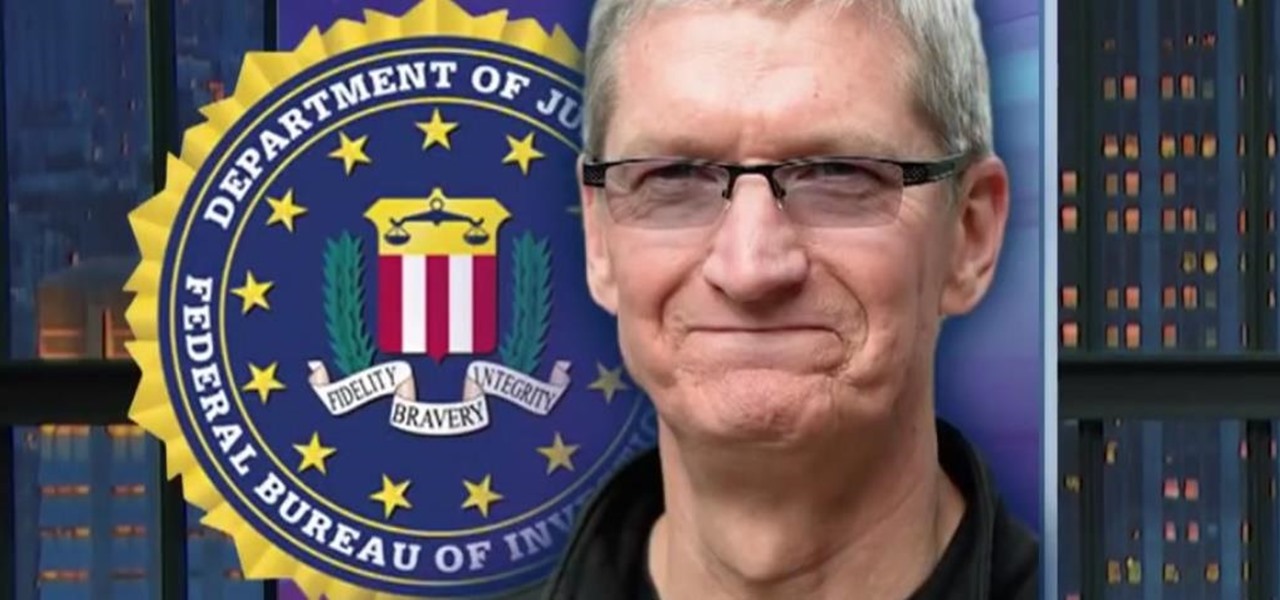


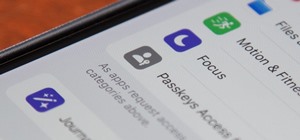

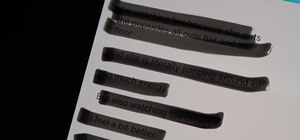

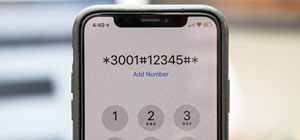
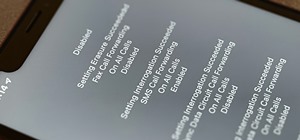

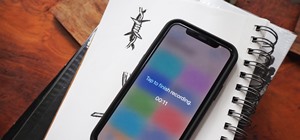
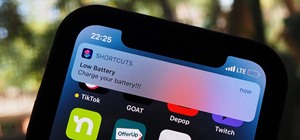
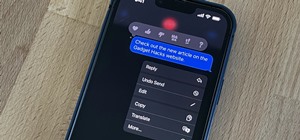

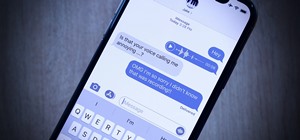

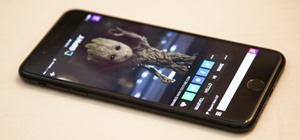
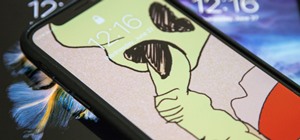



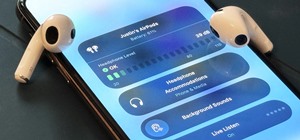
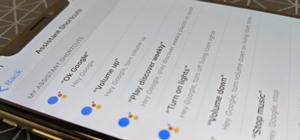
Be the First to Comment
Share Your Thoughts